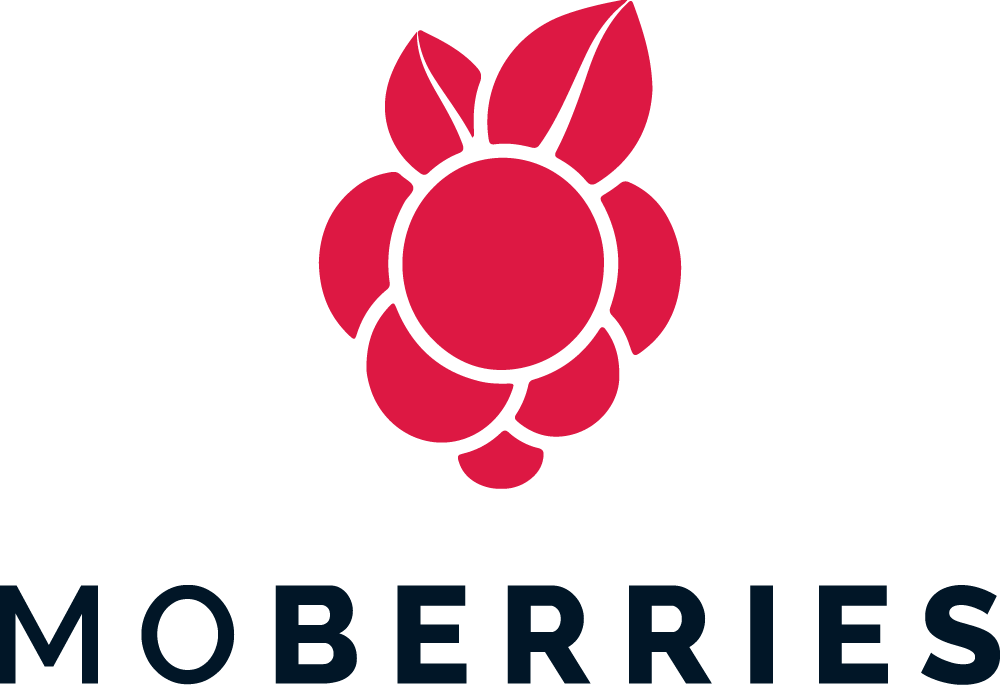On Motivation and Innovation – Creating Diversity in the Tech Industry
Yuliia Diachuk from MoBerries provides insight into the challenges women face in rising up the ranks in the tech industry, and what the key to success is for teams and companies.

© agsandrew | istockphoto.com
This interview is part of the eco Association and dotmagazine series on Women in Tech.
dotmagazine: For close on four years now, you’ve been employed by MoBerries as Product Manager. If I were applying for your job, what would I expect to find in my day-to-day working life? And what would I need to bring with me in terms of skills and qualities for the job?
Yulia Diachuk: If you had my job, you would be responsible for growing a product area to solve customer problems as well as managing and driving product definition and improvement in KPI metrics, establishing a strong partnership between tech and non-tech departments, and advocating on behalf of customers. There is a lot of communication between the different departments and regular product management activities such as managing a backlog, writing user stories, creating bug-reports, managing releases, etc.
dot: Studies show that, while women in the tech industry often start their careers with equal or even higher levels of ambition than men, they are often still confronted with a “glass ceiling” when it comes to rising up the ranks. You’ve been lauded online by colleagues for your leadership skills. Have you any tips for women – and for employers – when it comes to women and leadership?
Diachuk: The most important thing is your self-confidence, in general in yourself, and in your expertise. This is also about being an unofficial team leader: you should have an ability to motivate and inspire other people and listen to them. I prefer a flat hierarchy where your team members are equal to you, because a Product Manager is not about managing people, but a product. You are on the same level as them and you work on the same mission.
dot: If you had the chance to meet some female role model from the tech industry or even some other field: Who would it be and why?
Diachuk: Valentina Tereshkova is the first and youngest woman to have flown in space with a solo mission in 1963. I would talk to her and ask: “How was it to know that you were the first woman astronaut without any female role models in this area?” What were her thoughts and fears before that mission?
I am inspired by the success stories of my friends – self-made successful women in tech such as Diana Komolova, Olga Ivaschenko, Khrystyna Svarychevska, and Pauline Schmidt (who is also taking part in this interview series). Some of them, while learning tech topics, needed to look after kids. All of them are working in the tech area and keep growing professionally. I think the heroes are near us, not only on TED talks, or famous books, or elsewhere. You just need to look around.
dot: Earlier on in your career, you worked in the tech industry in Ukraine, while for the past number of years you’ve worked for the industry in Berlin. In your opinion, can culture make a significant difference when it comes to attracting and retaining women in tech?
Diachuk: I would say that Ukraine is still more committed to traditional values, which leads to the typical “housewife and mother” stereotypes. Besides, Ukraine’s tech industry has a lack of female role models, as well as a lack of international representatives in teams. I think it is just in the early stage of its tech potential, because when it comes to tech candidates, there are a lot of great talented professionals according to my experience. What’s good to note is that Ukraine’s tech industry is taking Western European’s experience in innovations as an example, where the tech world is more gender and racially diverse.
Nevertheless, in both Ukraine and Berlin, the greater part of the tech industry is still occupied by men and we have a lack of women in the industry. We should educate and provide possibilities in the tech industry for women from childhood, in schools and universities. It should not be like “this is too complicated, tech is not for me”. Women are capable of doing absolutely everything and history shows it.
dot: Key word - Diversity. In your opinion, is there a formula for success in team composition? What does the ideal team look like?
Diachuk: With the help of AI, we can eliminate any bias, because the algorithm does not take into consideration gender (or age, nationality, and all other private information). It only takes into account work expertise, skills, and work preferences of a particular applicant. It just calculates and finds an intersection between jobs and a particular candidate and if it reaches a high amount of intersections – it will be a perfect match.
dot: What are your tips to HR departments to attract more applications from women?
Diachuk: The most common cause for women’s feeling deterred from applying for jobs in tech is that most of the job descriptions contain all “required” and “nice to have” information. But sometimes it doesn’t distinguish between “required” and “nice to have”, which leads to a situation where an applicant can be confused and if something is not aligned with her profile, a potential female applicant often would not apply in the end.
Companies should also promote family-friendly policies such as flexible working hours, the possibility to work from home, maternity protection, childcare facilities, etc. Setting up a gender-balanced diversity board and publishing their initiatives on a company website and social media channels would be also great in helping to achieve this goal. Besides, companies should make sure that social activities don’t always revolve around sports or drinking after work, which is more appealing to young, male employees who don’t have to go home after work to look after children.
dot: And what might be your career tip for women who want to get started in the tech industry?
Diachuk: Do not be afraid of making mistakes and having failures. There is no bug-free software in the world and the most common reason is a human factor. We all learn from mistakes, nobody is perfect, and you should just follow your goals and fight for your rights and dreams. With constant work on your skills, there will be some results, and most probably success. We should just take our steps to get closer to it.
dot: We’ll now give you another interesting job and make you editor-in-chief of a leading media publication – this could be any newspaper, from the BILD to the Guardian: Which headline would you like to see in a lead article concerning “Diversity/Women in the Tech Industry”? And what should the article say?
Diachuk: The headline would be “Similarity kills innovation” and the content inside would expand on the topic that who works on a product and who develops the technology is important, because they represent the society that should benefit from what is being developed. The statistics show the huge imbalance of diversity in tech. If we do nothing about it, we will experience innovative solutions that are too narrow. Therefore we need gender diversity in companies, as well as other forms of diversity – racial, cultural, etc.
dot: If you had a daughter who was about to set the course for her career, which industry would you recommend to her for her future?
Diachuk: I would give her the freedom to choose whatever she would like and I would support any of her choices. But if we turn this question into my personal feelings aka predictions regarding the job market for the next 10-20 years: my choice would be AI, robotics, and digitalization, as well as genetic engineering.... And psychotherapy, because with all of this multi-tasking, 24/7 availability through the web, and robotization, someone should help us to go through all of these and support our mental health.
dot: In this respect, which question would you like to give us for our next interview partner?
Diachuk: What are the top 3 book recommendations that changed your life, inspired you, or helped in your career and could give interesting insights about the diversity topic?
Yuliia Diachuk is a Product Manager with more than 10 years of professional experience in the IT industry in Ukraine and Germany. For 4 years now, she has been strategically managing the product of MoBerries, a HR-Tech start-up in Berlin, Germany and acts as the interface between the tech and the non-tech department.
Please note: The opinions expressed in Industry Insights published by dotmagazine are the author’s own and do not reflect the view of the publisher, eco – Association of the Internet Industry.





